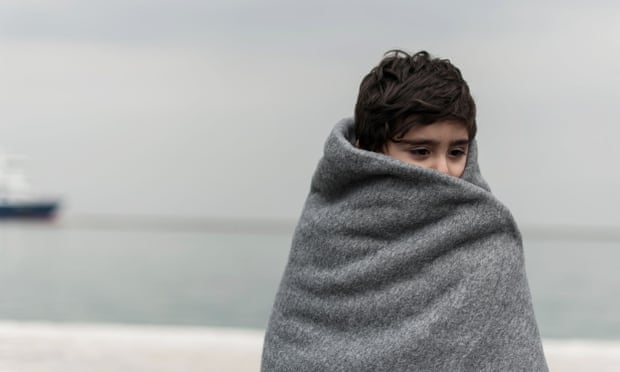What’s the
deal? Turkey has agreed to take back any asylum seekers who land in Greece,
starting from Sunday. In theory this means the closure of the Aegean smuggling
route, via which more than 850,000 people reach Greece from Turkey last year.
Will this end all migration to Europe? It
will almost certainly cut numbers, but historical migration patterns
consistently show that when one route closes, another one opens. Other
potential routes lie between Turkey and Bulgaria, Turkey and Italy, Libya and
Italy, Morocco and Spain, and Russia and Finland.
Is the deal legal? It depends on who you
ask. Rights groups say it breaks both EU law and the UN refugee convention, a
hallowed text created in the aftermath of the Holocaust. The convention says
signatories cannot expel asylum seekers without examining their claims
individually. In response, the EU claims people will be examined individually –
but since it will suddenly and simultaneously deem Turkey a safe country for
refugees, most people will still be sent back en masse.
Is Turkey safe for refugees? The EU suddenly
deems it safe, but it has not previously done so – and with good reason. Turkey
is not fully signed up to the UN refugee convention; has broken international
law by sending back refugees to Syria; and, despite new labour legislation,
does not in practice offer most Syrians genuine access to legal work. As a
result, many Syrians send their children to work to make ends meet. Non-Syrian
refugees have even fewer rights.
In logistical terms, can the deal work? It
will be a struggle. Greece currently lacks the capacity to process so many
asylum claims. Previously it only had to move refugees towards Macedonia; now
it has to address their cases directly, and potentially house them for days or
weeks while logistics with Turkey are thrashed out. To do this, Greece says it
needs Europe to send it 2,500 more asylum officials – a tough ask, given that
the EU has failed to send it far smaller numbers in the past.
What about the refugees currently stuck in
Greece? Since the closure of the Macedonian border, more than 40,000 refugees
have been trapped in squalid conditions in Greece. These will not be returned
to Turkey under the terms of the deal – but in theory will be shared between
the members of the EU. In practice, EU members have failed to uphold earlier
articulations of this sharing process in the past, and may yet do so again,
leading to a humanitarian crisis in Greece. Some of those trapped may try to
move onwards through the Balkans – via Albania, perhaps, and conceivably by sea
to Italy.
Πηγή: theguardian.com




Δεν υπάρχουν σχόλια:
Δημοσίευση σχολίου